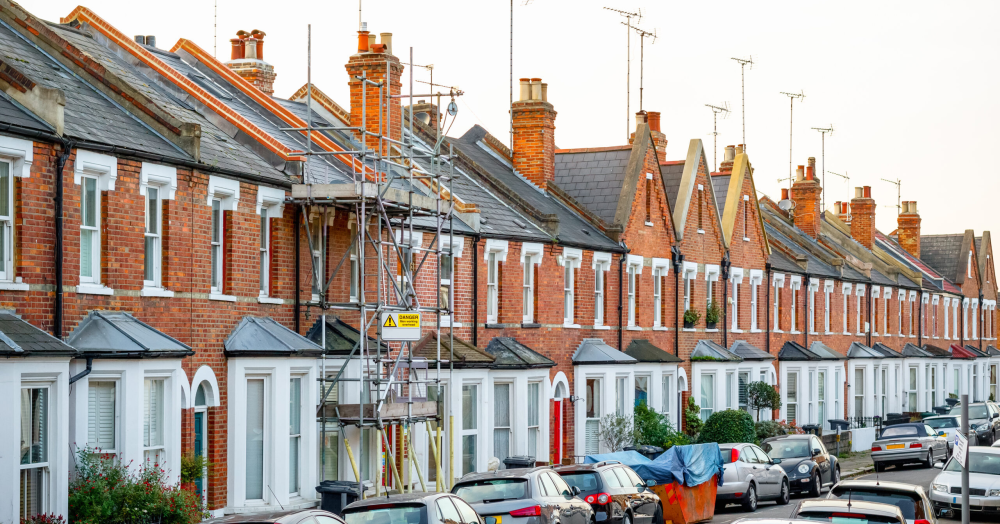

Get in touch with us
Discover why Church & Hawes consistently outperform competitors in property sales across our local multi-office network. Our proven track record and commitment to excellence ensure your property journey is a success.
Managing a probate property while coping with loss can feel overwhelming. This gentle guide explains the key steps, realistic timescales for 2026, and what to expect when selling a home as part of an estate.
As 2026 unfolds, the local property market is showing remarkable vigour. For vendors considering a sale, understanding the current landscape and choosing the right estate agent is paramount. Discover how Church & Hawes is setting the pace and why now is an opportune time to list your property.
Thinking of renting out your home? With major rental reforms arriving in 2026, the days of private, informal lettings are over. Here’s what every homeowner needs to know to stay compliant, protected and prepared.